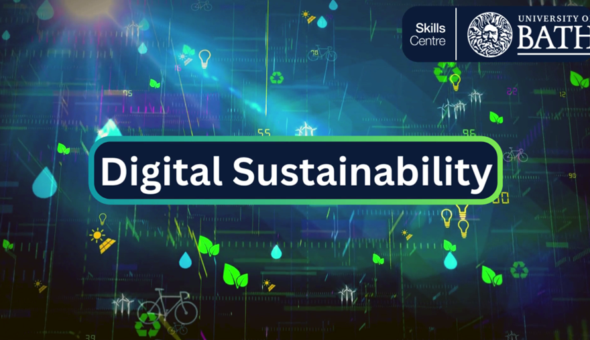In today's interconnected world, where diversity is not just a buzzword but a lived reality, intercultural competence has become essential for personal and professional success, and an important skill to include on your CV. But what exactly is intercultural competence and why does it matter?
What is intercultural competence?
Have you ever wondered, when you first meet someone from a different country, whether you should you extend your hand for a shake (which hand and how firm should you grip?), or should you offer your cheek for a kiss (which side and how many times do you kiss)?
Or, when you’re talking with someone, how much personal space should you give them? And is touching them an important part of the conversation, or would it be considered inappropriate?
These are a couple of situations when you need to show intercultural awareness in order to connect with others and avoid causing offence.
At its core, intercultural competence is the ability to effectively communicate, collaborate, and connect with individuals from diverse cultural backgrounds.
Intercultural competence is not just as a skill to acquire but a mindset to embrace.
Why does intercultural competence matter?
As university students, embracing and actively developing intercultural competence will not only enrich your personal and academic experiences and nurture a sense of ‘global citizenship’, but it will also position you as a valuable asset in today’s global job market.
Employers want candidates who can confidently navigate diverse teams and stakeholders or effectively engage with an international customer base.
An example of when you might need to demonstrate intercultural competence in the workplace is knowing and respecting the cultural holidays your co-workers or customers celebrate.
Different elements of intercultural competence
Intercultural competence has many components. Developing it goes beyond mere awareness of cultural differences and involves building a set of skills, attitudes, and behaviours that will enable you to navigate diverse environments successfully.
1. Cultural Awareness
Reflecting on and understanding your own cultural biases and assumptions is the first step towards cultivating cultural awareness. What values and beliefs shape your world view? How do they differ from your peers? Acknowledging these differences opens the door to genuine understanding.
2. Cultural Knowledge
You may read books, watch films or travel to places to gain knowledge about different cultures, but these can only take you so far. Intercultural competence requires you to go beyond surface-level knowledge and dive deeper into the histories, traditions, and social norms of different cultures. The more you know, the better equipped you’ll be to navigate the intricacies of intercultural interactions.
3. Effective Communication
Cultural differences can lead to misunderstandings and misinterpretations. Intercultural communication is not just about language proficiency but understanding the nuances of nonverbal cues, body language, and cultural communication styles. Learning to become a skilled communicator means learning to adapt your approach to fit the cultural context, fostering clearer and more meaningful connections.
4. Adaptability
Our modern-day ‘global village’ is always changing, and you must always be ready to adapt to it. Intercultural competence is about flexibility—being open to new ideas, embracing different perspectives, and adjusting your behaviour to create an inclusive environment for all.
5. Empathy
Empathy is the glue that holds diverse communities together. Put yourself in the shoes of people from different cultural backgrounds. What are their joys, challenges, and aspirations? Developing empathy creates a sense of shared humanity, breaking down barriers and building lasting connections with others.
6. Cultural Humility
Recognise that no one is an expert on every culture. Cultivate a humble attitude and acknowledge that there’s always more to learn and appreciate. It's not about showcasing expertise but being a perpetual student of the world.
How to build your intercultural Skills
Developing intercultural competence takes time and patience and the Skills Centre’s language courses are a great way to start.
The University is a microcosm of the global community. When you join our language classes, you’ll have a unique opportunity to learn with fellow students from all corners of the world, each bringing and sharing a unique set of experiences, traditions, and perspectives.
So goodbye cultural faux pas and hello intercultural savoir faire! Your intercultural journey starts here!
You can also develop your intercultural competence in a more relaxed way by attending Peer Assisted Learning (PAL) sessions, our regular Language Café or joining the Virtual Exchange scheme.
Respond



